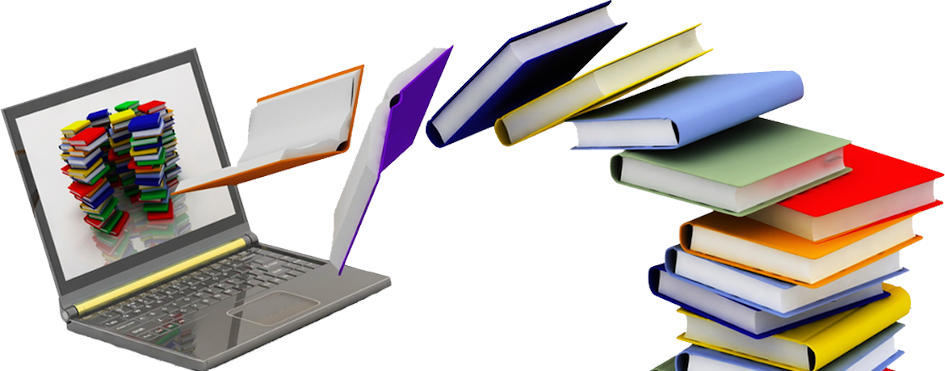Resources

Becoming a professional conference interpreter requires the acquisition of skills, such as analysing, structuring, storing and retrieving information, but also the continuing development of general knowledge, including terminology, phraseology and what is often referred to as encyclopaedic knowledge.
Below is a non-exhaustive list of valuable resources vetted and recommended by the FTI’s Interpreting Department. Please signal dead links to INT-FTI (at) UNIGE.CH

- Albl-Mikasa, M., & Tiselius, E. (Eds.). (2022). The Routledge Handbook of Conference Interpreting. Routledge.
- Baigorri, J. (2014). From Paris to Nuremberg: The birth of conference interpreting. Johns Benjamin Publishing Company.
- Gaiba, F. (1998). The Origins of Simultaneous Interpretation: The Nuremberg Trial. University of Ottawa Press.
- Gile, D. (2009). Basic concepts and models for interpreter and translator training (Rev. ed.). Johns Benjamin Publishing Company.
- Gillies, A. (2019). Consecutive Interpreting: A Short Course (1st ed.). Routledge.
- Herbert, J. (1965). Manuel de l’interprète : comment on devient interprète de conférences (2e éd., revue et augmentée). Libr. de l’Université Georg.
- Pöchhacker, F. (2015). Routledge Encyclopedia of Interpreting Studies. Routledge.
- Pöchhacker, F. (2022). Introducing interpreting studies (3rd ed.). Routledge.
- Ruiz, L., & Baigorri, J. (Eds.). (2023). Towards an Atlas of the History of Interpreting. Johns Benjamin Publishing Company.
- Setton, R., & Dawrant, A. (2016). Conference interpreting: A Complete Course. John Benjamins Publishing Company.



- UN Web TV (live and on demand)
- Multimedia Centre European Parliament
- Speeches European Commission (multilingual) [Select « Speeches » in the Drop-down Menu « Document Type »]
- American Rhetoric (speeches in English with texts and mp3 files)
- Speeches Cooperation Council for the Arab States of the Gulf
- Collection des discours publics (Gouvernement français)
- Der Bundeskanzler Mediathek (German)
- Discorsi della Presidenza della Repubblica (Italian)
- Intervenciones del Presidente del Gobierno (Spanish)


German
- Das Digitale Wörterbuch
- Deutscher Wortschatz -Portal
- Verfassungen der Welt
- Verzeichnis der Staatennamen
English
- TheFreeDictionary
- Dictionary of idioms and phrases
- Index of expressions EN-FR-ES
- The Phrase Finder
- Wordspy (The Word Lover's Guide to New Words)
- William Shakespeare Quotes
- Acronyms
- English accents
Spanish
- Real Academia Española
- La Página del Idioma Español
- Enciclopedia médica en español
- Refranero multilingüe
French
- Enrichissement de la langue française
- Grand dictionnaire terminologique de la langue française et Banque de dépannage linguistique
- FranceTerme
- Les expressions françaises décortiquées
- Bibliothèque nationale de France
- Texte de la Bible
- Fables de La Fontaine
- Sensagent
- Dictionnaire électronique des synonymes (CRISCO)
Italian
- Dizionari e glossari
- Accademia della Crusca
- Elenco delle Organizzazioni Internazionali intergovernative
- ONU Italia
- La Bibbia
- Sigle europee e internazionali
Russian

- Latin quotations and phrases
- The multilingual Bible
- BBC country profiles
- List of Heads of State, Heads of Government and Ministers for Foreign Affairs
- UN Geographical Names Database
- EU list of States and Territories
- Eurotopics
- Acronyms and initialisms of the EU
- Toute l’Europe, comprendre l’Europe (French)
- Worldatlas
- AIIC
- Federal Chancellery (Switzerland) : Style Guides for English-language translators
- EU Translation and Drafting Ressources
- Dictionaries, translation and language resources
- European Commission’s Knowledge Centre on Interpretation
